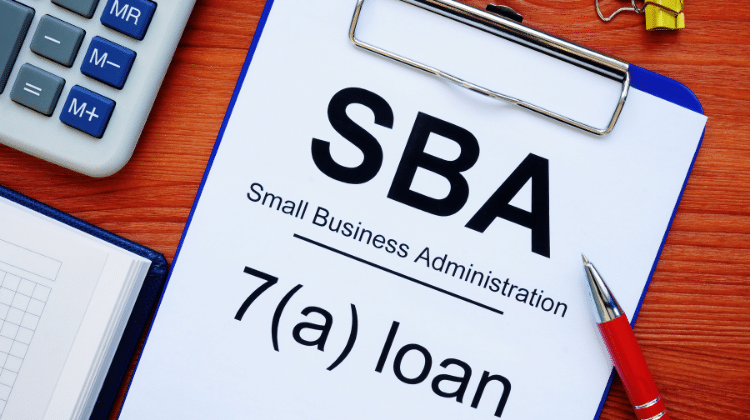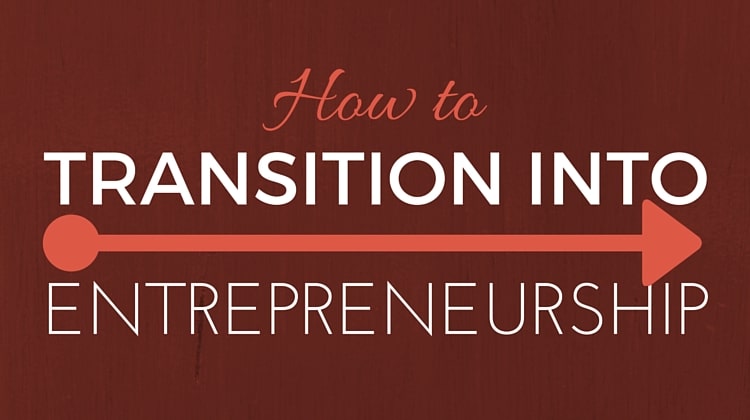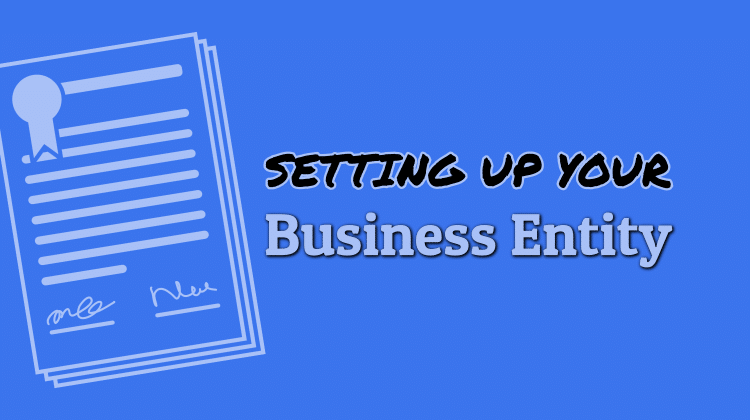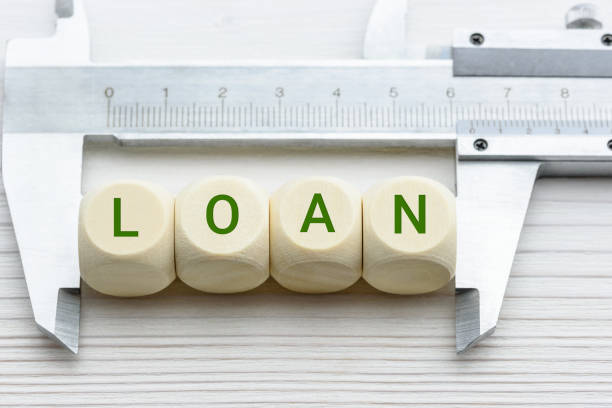The U.S. Small Enterprise Administration (SBA)’s 7(a) mortgage program is the most well-liked supply of small enterprise financing backed by a federal warranty. Loans might be permitted for quantities as much as $5 million, with maturity charges from 10 to 25 years, and common APR charges of 6.30%-10%.
Since SBA 7(a) loans have strict necessities, a majority of small enterprise homeowners don’t get permitted. Listed here are some widespread the explanation why you might be denied.
Lacking Documentation
Mission documentation is among the foremost the explanation why small enterprise homeowners get denied for a mortgage. When deciding to use for an SBA 7(a) program, you have to have the ability to present applicable paperwork to your lender, to allow them to submit a whole package deal to the SBA for approval. A few of these paperwork might embrace:
- The SBA Mortgage Utility – SBA Type 1919
- SBA Private Background and Monetary Assertion Types
- Revenue and loss (P&L) assertion and stability sheet for the final three years
- Projected monetary statements
- Proof of possession
- Private and enterprise federal revenue tax returns for the final three years
Any lacking info might end in both the lender canceling your software or declining your mortgage altogether.
Low Private and Enterprise Credit score Rating
Often, a private credit score rating (FICO) of 640 or increased is required for an SBA 7(a) mortgage. Nonetheless, this will differ relying on the lender. The upper your FICO rating, the better the probabilities are of getting permitted. Equally, a excessive enterprise credit score rating (SBSS) will present the lender that your small business has been paying its collectors on time.
For an SBA 7(a) mortgage, your SBSS rating needs to be 140 or increased. A decrease credit score rating is taken into account a threat issue, in that your small business might not have the ability to repay the mortgage on time. Some extra elements which will influence your small business’s creditworthiness embrace:
- A historical past of latest bankruptcies
- Tax liens
- Judgments
- Foreclosures
Poor Monetary Ratios
While you apply for an SBA 7(a) mortgage, an underwriter will conduct a ratio evaluation to guage whether or not your small business can afford to pay the sum of money being borrowed. As part of their evaluation, each your private and enterprise monetary ratios shall be reviewed. The three key ratios which are generally used embrace:
- Debt Service Protection Ratio (DSCR): This ratio is calculated by taking your small business’s complete earnings earlier than curiosity, taxes, depreciation, and amortization (EBITDA), then dividing it by your complete quantity of enterprise mortgage debt. Whereas the DSCR ratio threshold can differ by lender, the SBA considers ratios under 1.15 an indication that your small business has an excessive amount of debt.
- Debt-to-Revenue (DTI) Ratio: This ratio is calculated by taking your complete month-to-month bills, together with excellent debt from loans, then dividing it by your complete month-to-month gross revenue. A excessive DTI ratio is taken into account a threat issue to a creditor. That means that you could be not have sufficient revenue to cowl your whole debt, together with one other mortgage.
- Debt to Tangible Internet Value Ratio: The debt to tangible internet value ratio calculates your small business’s complete liabilities, then divides by its tangible internet value. Tangible internet value contains your complete belongings, minus complete liabilities, and excludes intangible belongings, akin to patents, emblems, and goodwill. A excessive debt-to-tangible internet value ratio is taken into account one other threat issue and an indication that your small business doesn’t have sufficient bodily belongings to guard a creditor within the occasion of insolvency (e.g., chapter).
Inadequate Money Stream
Money is king and the lifeblood of a enterprise. To qualify for an SBA 7(a) mortgage, your small business should have the ability to present that it has ample money movement or the power to transform liquid belongings into money.
A lender will study whether or not you may pay your suppliers on time, shortly flip stock into money, and gather accounts receivables on time. If your small business has inadequate money movement, it may trigger your 7(a) mortgage software to be denied.
Ineligible Enterprise Sorts
Whereas most small companies are eligible for an SBA 7(a) mortgage program, some are usually not. To qualify, your small business would want to fulfill sure standards akin to:
- Be legally working as a for-profit enterprise
- Have fewer than 500 workers and fewer than $7.5 million in annual income over the previous three years
- Have internet revenue below $5 million (after taxes) and a tangible internet value lower than $15 million
- Present that you’ve got “invested fairness” (e.g., your personal money and time was invested into the enterprise)
- Be bodily primarily based within the U.S. and doing enterprise with the U.S. or its territories
- Be of “good character” (e.g., no prison report)
- Can’t be delinquent on any U.S. authorities loans or taxes
- Be working within the eligible enterprise business. Non-profit companies and different industries like playing, funding, or lending might not qualify.
The Backside Line
The SBA 7(a) mortgage program is a well-liked supply of financing for small enterprise homeowners. Nonetheless, the credit score necessities might make it troublesome for a lot of small companies to qualify. To extend your possibilities of getting permitted, it is very important perceive the SBA’s phrases, circumstances, and eligibility standards.
When you disagree together with your lender’s determination, it’s best to contact the lender straight to search out out why your software was denied. You also needs to go to the SBA web site, and make the most of their 7(a) mortgage guidelines to make sure that all the required paperwork have been submitted. If your small business was denied for an SBA 7(a) mortgage, you may all the time reapply after 90 days.
Sources:
U.S. Small Enterprise Administration (2020). 7(a) Mortgage Utility Guidelines. Retrieved October 19, 2020, from https://www.sba.gov/loans-grants/see-what-sba-offers/sba-loan-programs/general-small-business-loans-7a/7a-loan-application-checklist
U.S. Small Enterprise Administration (2020). 7(a) Mortgage Program Eligibility. Retrieved October 19, 2020, from https://www.sba.gov/loans-grants/see-what-sba-offers/sba-loan-programs/general-small-business-loans-7a/7a-loan-program-eligibility








![Beginning a Enterprise? Right here’s What You Have to Know [Infographic]](https://wonderfulfinancial.com/wp-content/uploads/2023/08/a0c0773bdba4fed0e20af58b0f448bcc.jpg)








